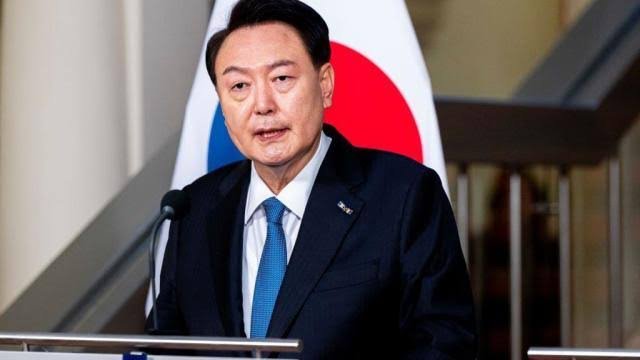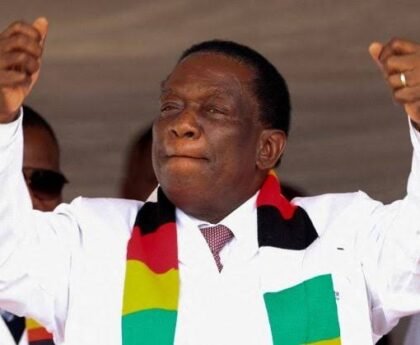South Korean lawmakers on Saturday voted to impeach president Yoon Suk Yeol, one week after he controversially declared martial law.
In dramatic scenes at the national assembly in Seoul, 204 lawmakers voted for an opposition motion to impeach Yoon, while an estimated 200,000 protesters outside demanded he be thrown out of office.
Saturday was the second opportunity in a week the assembly’s lawmakers had to begin the process of ousting Yoon, whose approval ratings have plummeted to 11%
A dozen members of Yoon’s conservative People Power Party joined opposition lawmakers to pass the threshold of 200 votes — two-thirds of the legislature — required for his impeachment. The final vote was 204 to 85.
Until now, many of Yoon’s party members had resisted backing the opposition-led push to impeach him, saying they would seek an “orderly resignation” instead.
But recent developments made that position untenable.
Numerous testimonies emerged contradicting Yoon’s claim that his declaration of martial law on Dec. 3 was meant only as a show of force to the opposition-controlled National Assembly — which he described as filled with “anti-state” saboteurs and North Korea sympathizers.
This does not mean he will immediately be removed from his post.
The passage of the impeachment motion is “not the end of South Korea’s political turmoil,” says Leif-Eric Easley, a professor at Ewha University in Seoul.
“It is not even the beginning of the end, which will ultimately involve election of a new president,” he said.
The constitutional court now has up to 180 days to rule on whether President Yoon should be impeached or restored. If it rules to impeach, an election for the next president must be called within 60 days of the ruling.
Leader of the main opposition Democratic Party Lee Jae-myung, who narrowly lost to Yoon in 2022, is favoured to win an election to replace him. But Lee is also in legal jeopardy, Prof Easley noted.
Lee has one conviction on appeal and several other rulings pending that could disqualify him from the top office.
“So before the final race in the polls, there will be a race in the courts,” he said.
The last South Korean leader to have been toppled in a similar way was Park Geun-hye in December 2016, who was impeached by Parliament in a decision confirmed in March 2017 by the Constitutional Court, leading to her indictment and imprisonment.
Geun-hye, president since 2013, is the daughter of former dictator Park Chung-hee, she was the first woman president of South Korea and had presented herself as incorruptible.
But she was accused of receiving or requesting tens of millions of dollars from conglomerates, including Samsung. Additional accusations included sharing classified documents, putting artists critical of her policies on a “blacklist”, and dismissing officials who opposed her.
Park was sentenced in 2021 to 20 years in prison and slapped with heavy fines. But at the end of that year, she was pardoned by her successor, Moon Jae-in.
South Korean Prime Minister Han Duck-soo on Saturday vowed to “ensure stable governance” after the country’s parliament voted to impeach President Yoon Suk Yeol.
“I will devote all my strength and efforts to ensure stable governance,” Han, who becomes the country’s interim leader in Yoon’s place, told reporters.
By Agencies
Email your news TIPS to Editor@kahawatungu.com or WhatsApp +254707482874




